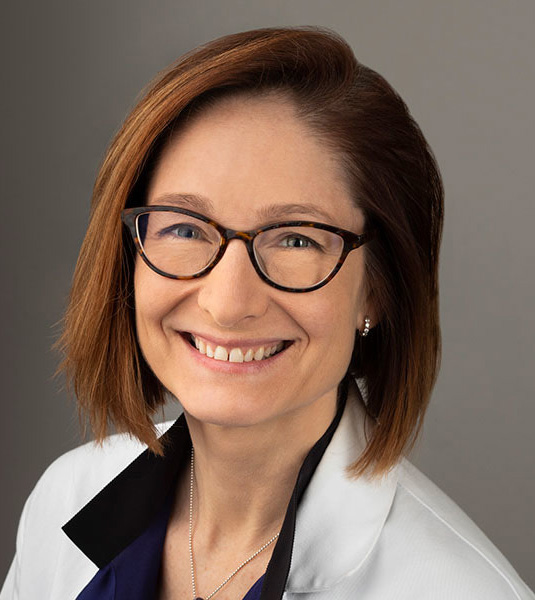
The voices dominating public discussion about abortion typically include philosophers, politicians, constitutional scholars, historians, lawyers, and religious representatives. Books and conferences often marginalize or completely exclude the abortion perspectives of physicians, surgeons, nurses, and patients.
The Harvard Radcliffe Institute held a conference in January, “The Age of Roe: The Past, Present, and Future of Abortion in America.” Of the 25 speakers at the conference, one was a physician and one was a nurse. The physician panelist was Louise Perkins King, MD, JD, a bioethicist and surgeon in the Brigham’s Division of Minimally Invasive Gynecologic Surgery.
“So much of the abortion debate ignores or is unaware of the multitude of actual clinical scenarios where abortion is the safest possible outcome,” says King. “At the conference, every time I would bring up a clinical situation, people would invariably say, ‘Oh, I hadn’t thought about that.’ There’s this bizarre idea that any opinion about abortion should be heard, but rarely are those opinions based in clinical realities.”
King is accustomed to being in the minority regarding her views about abortion, after earning a law degree in Louisiana and completing medical school and her OB-GYN residency in Texas. She is also realistic in her goals for dialogue.
“Even though the actual clinical scenarios I can present are impossible to argue with, some people will never change their minds,” says King. “They’re locked in. So, my end goal when I’m in any discussion or panel is to get folks who start out against abortion to conclude, ‘These are my views, but I won’t impose them on others.’”
At the Harvard Radcliffe conference, King’s comments addressed the issue of the growing denial of the evidence of abortion as fundamental medical care.
“Americans devote a significant amount of money and resources to train doctors and scientists,” King said, “yet our legislators and justices seem to ignore almost completely the large body of evidence gathered through that investment when it supports abortion as essential medical care.”
King says it is up to people in states where abortion remains legal to counter denialism by highlighting a different narrative.
“Here in Massachusetts and other exceptional states that protect civil liberties, we need to show how great America can be when people’s civil liberties are protected,” she says. “We need to educate by example and continue to tell the story of what it means to respect the bodily autonomy of pregnant persons.”

